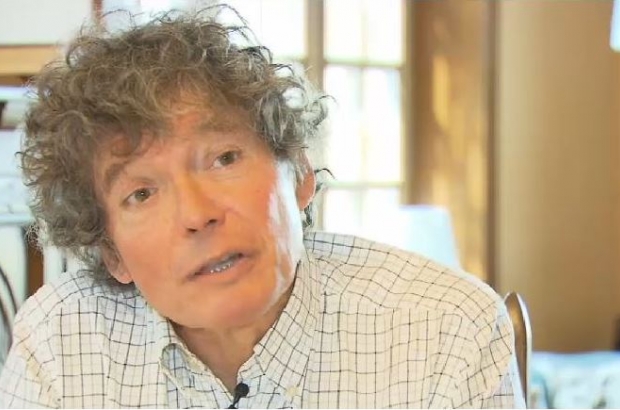- Daily & Weekly newsletters
- Buy & download The Bulletin
- Comment on our articles
Consequences of dioxin crisis “worse than thought,” says researcher
Belgium’s 1999 dioxin crisis – when the toxic substance was found in the food chain – had more serious consequences for public health than was assumed, according to professor Nik Van Larebeke of Ghent University and the Free University of Brussels (VUB). Citing official health data, he told TV programme Terzake that the crisis led to health problems in more than 60,000 people.
In the spring of 1999, news broke that animal feedstock in Belgium had been contaminated with the chemical polychlorinated biphenyl (PCB). “I always said that the dioxin crisis was a disaster for public health,” said Van Larebeke, a specialist in the development mechanisms of cancers. The graveness of the situation was then – and continues to be – minimised by a number of politicians, he said.
Van Larebeke (pictured) admits that it is difficult to show a causal connection between one cancer case and the crisis. “But it seems evident to me that the dioxin crisis caused thousands of cases of grave diseases,” he stated.
According to his estimations, an average Fleming has 2.5% more chance of getting diabetes than before the dioxin crisis and 0.9% more chances of high blood pressure. Women, he said, have 1.8% more risk of cancer.
The researcher thinks the crisis led to at least 20,000 cancer cases among women, 22,000 more cases of diabetes and 24,000 additional cases of high blood pressure.



















Comments
Some references/links would be useful. PCBs are not quite the same as dioxins and the terms shouldn't be used as synonyms